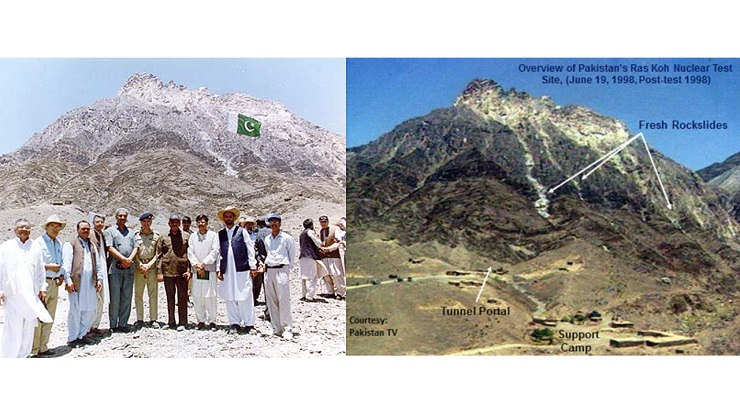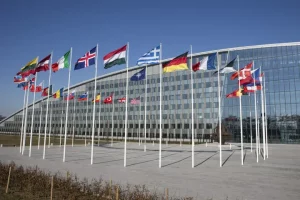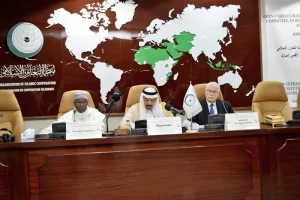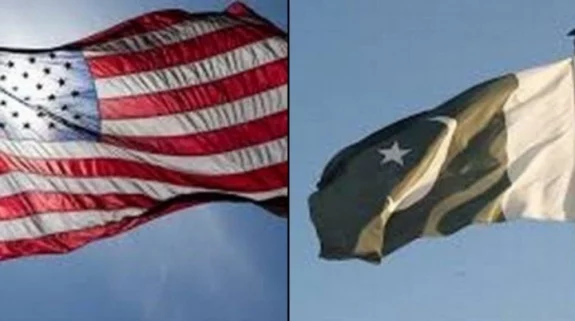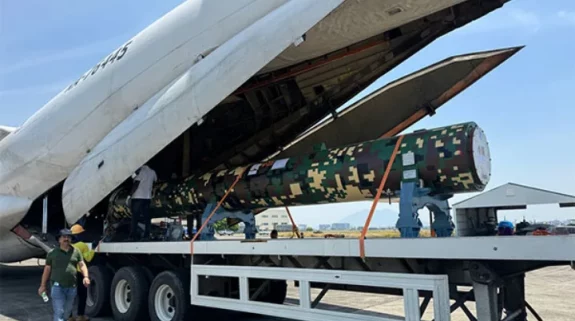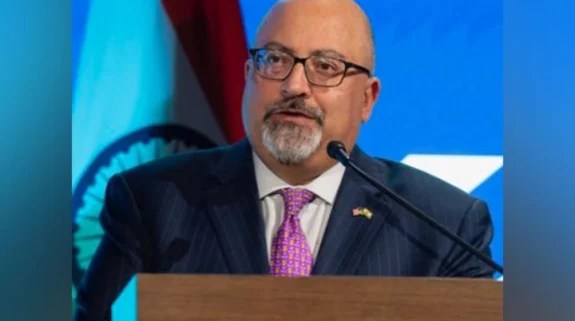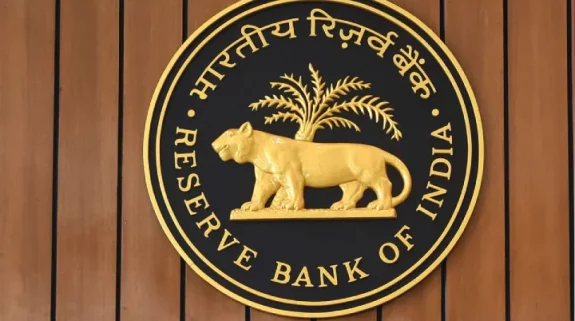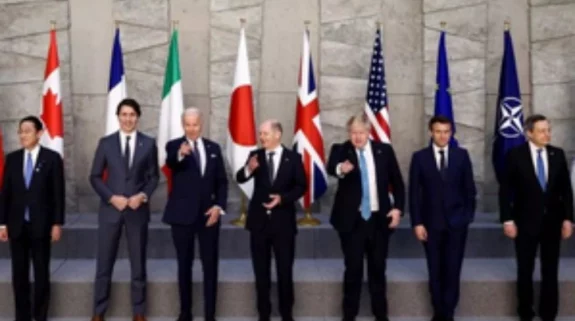The Norwegian Police Security Service (PST) has listed Pakistan as one of the countries that pose a significant threat to Norway.
Greek website Directus says that the threat assessment report 2023 prepared by the PST – Norway’s domestic security service, points to several threats to Norway’s security, both domestically and internationally. The department identifies and assesses threats related to intelligence, sabotage, spread of weapons of mass destruction, terrorism and extremism.
The website says: “Islamabad has the dubious distinction of appearing in the list for the last few years. It is perceived to be posing a threat to Norway in terms of proliferation of sensitive technology. Norwegian businesses, researchers and research institutes possess knowledge and technology that are sought after for the development of advanced weapons systems and weapons of mass destruction”.
Analysts say Norwegian suspicions may been raised because of Islamabad’s dubious track record on nuclear proliferation marshalled by none other than the rogue Pakistani atomic scientist AQ Khan, who had stolen the blueprints for nuclear technology from Norway’s southern neighbour – the Netherlands.
While working at the Physical Dynamic Research Laboratory (FDO) in the Netherlands in the seventies, Khan copied blueprints for centrifuges and other components and quietly slipped back to Pakistan. Both – American and Dutch intelligence agencies got wind of Khan’s intentions. Eventually, a Dutch court even convicted Khan to four years in prison in absentia for nuclear espionage.
After getting Islamabad and the Pakistani military the nuclear devices, Khan is believed to have proliferated nuclear documents to Iran, Libya and North Korea at an individual level.
The crisis-ridden Pakistan is increasingly being looked at suspiciously by global powers due to rising violence, political immaturity of its leaders, strong separatist movements and the tattered state of its economy.
In April this year, Norway’s neighbour Sweden had closed its Islamabad embassy indefinitely due to security concerns. A statement on the embassy website simply said: “Due to the current security situation in Islamabad, the Embassy of Sweden is closed for visitors”.
In February this year, China also shut down the consular section of its Islamabad embassy due to poor security. Simultaneously, Beijing advised its nationals to enhance personal safety measures as violence mounted across the country by the Tehreek-e-Taliban (TTP) in the north-west and the Baloch insurgents in the south-west provinces.
Pakistan’s reputation as a global threat is now at its peak. In October 2022, US President Joe Biden had said that the country is one of the most dangerous nations. Speaking with the Democratic Congressional Campaign Committee, Biden had said: “What I think is maybe one of the most dangerous nations in the world, Pakistan. Nuclear weapons without any cohesion”.
The sentiments about Pakistan being a threat are now being echoed openly across the world.
The Directus website says that Pakistan can harm Norway through two ways – install its researchers in academic and research institutions in Norway to obtain sensitive technology and transfer it to Pakistan for the development of weapons systems.
The other route Pakistan is likely to take is to circumvent Norwegian export control regulations in a bid to obtain banned Norwegian technology. For this, the website says: “The modus operandi is to create as much uncertainty as possible around the actual end user of the good. One method is to establish a highly complex corporate structure, with nominee and front companies and complicated supply chains. Another is to use an unusual freight route to transport the product to its final destination that makes it very difficult to detect breaches of the export control regulations”.
Besides highlighting Pakistan as a future threat, Norway has identified Islamist extremist violence as a mounting threat. Another Norwegian website, The Local says: “China, Iran, Pakistan, and several other states conduct active intelligence efforts in Norway”.
Among the threats arising from various countries, It has also mentioned likely terrorist plots being carried out by “extreme Islamists” who feel offended at the Quran burning incidents. The Norwegian police says: “However, the most relevant targets for extreme Islamist terror will still be civilian crowds, institutions, or people who are perceived to insult the religion of Islam, as well as uniformed police and defence personnel in public spaces”.
Regarding Islamist violence, the PST report says: “In Norway, we expect such events to occur in 2023. Debates and events in Norway that are perceived to inhibit religious practice will also reinforce the perception that the West is at war with Islam. When such events occur in Norway, the likelihood of radicalisation and ultimately terrorist plots against Norway increases”.






